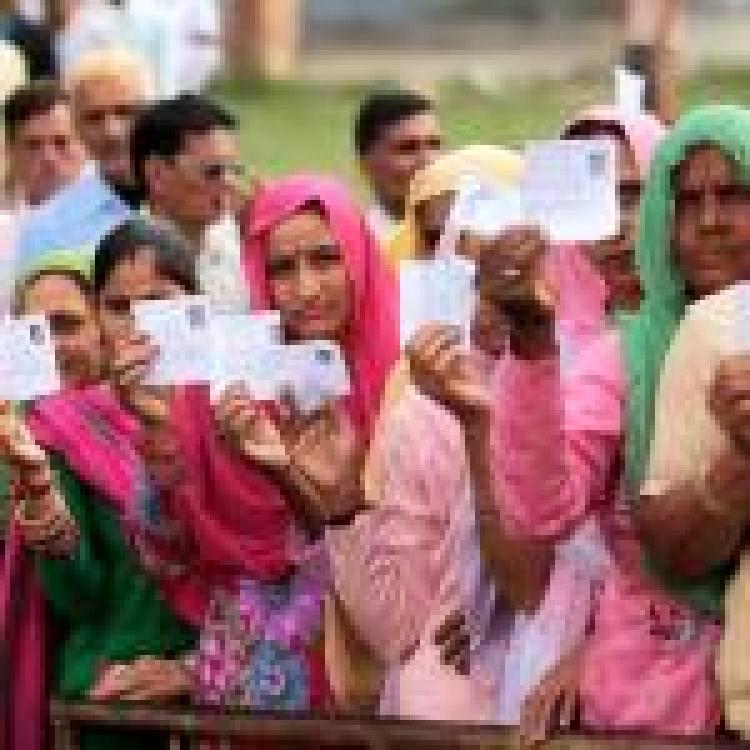The Supreme Court of India has dismissed a petition from an Eelam Tamil refugee and former LTTE member who sought permission to remain in the country with his family, in a ruling that underscores the precarious legal status of Eelam Tamil refugees in the country.
The decision comes just days after the court denied a similar appeal from Rohingya Muslims, reinforcing a hardline stance on the rights of foreign nationals seeking refuge in India. Delivering the judgment, Justice Dipankar Datta stated that India, with its population of 1.4 billion, cannot be a “dharamshala” for the world’s displaced people.
“Is India a dharamshala to host refugees from all over the world? We are struggling with a 140 crore population,” Justice Datta said. “India is not a dharamshala to entertain foreign nationals from all over.”
The petitioner, a former member of the Liberation Tigers of Tamil Eelam (LTTE), was arrested in 2015 by the Tamil Nadu Q Branch under the Unlawful Activities (Prevention) Act (UAPA). Convicted in 2018, he was sentenced to ten years in prison, which was later reduced to seven years by the Madras High Court in 2022. Following his release, the court ordered that he be detained in a refugee camp pending deportation.
In his petition to the Supreme Court, the refugee argued that his wife and children have settled in India, his wife is seriously ill, and his son suffers from a congenital heart defect. He also expressed fears of arrest, torture, or worse if deported to Sri Lanka, due to his past affiliation with the LTTE.
His lawyer stressed these humanitarian grounds before a bench comprising Justices Dipankar Datta and K. Vinod Chandran, invoking Article 21 of the Indian Constitution, which guarantees the right to life and personal liberty. However, the bench dismissed the plea, reaffirming that the right to reside and settle in India under Article 19 is reserved for Indian citizens.
When the petitioner’s counsel reiterated concerns over potential persecution in Sri Lanka, the court responded bluntly, “then go to some other country”.
The Supreme Court’s ruling reflects India’s increasingly narrow stance on asylum and refugee protection, even for populations with long-standing historical ties and shared cultural, linguistic, and ethnic identities. As of 2023, approximately 58,200 Eelam Tamil refugees reside in 104 refugee camps across Tamil Nadu, while another 33,200 live outside the camps, according to Indian government data.
Most fled to India during and after the brutal final stages of Sri Lanka’s armed conflict in 2009, when the Sri Lankan military carried out mass atrocities against Tamil civilians, killing tens of thousands in what has increasingly been recognised as a genocide.
Though some these refugees have now lived in India for several decades, the Indian state has yet to offer a pathway to citizenship or integration. While many possess Aadhaar cards and bank accounts, only a small fraction hold Sri Lankan passports or national identity cards. Their legal status remains ambiguous, and they face constant threats of deportation and surveillance.
In recent years, Eelam Tamils have continued to flee Sri Lanka, driven by worsening economic conditions, rising unemployment, inflation, militarisation, and targeted harassment. Some attempt dangerous boat journeys across the Palk Strait in search of safety. Others turn to informal networks to escape escalating repression.
Tamil refugee rights groups have long called on India to recognise the specific persecution faced by Eelam Tamils and to develop a clear legal framework for their protection and resettlement.

